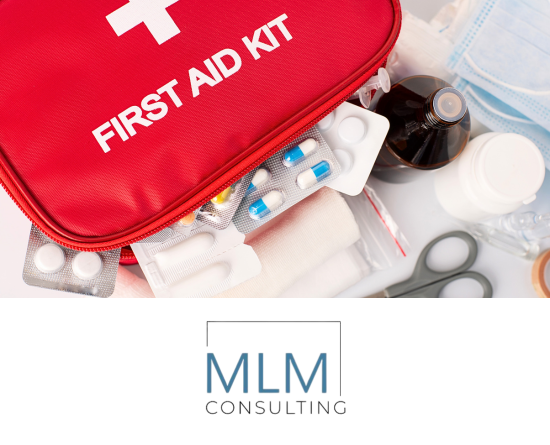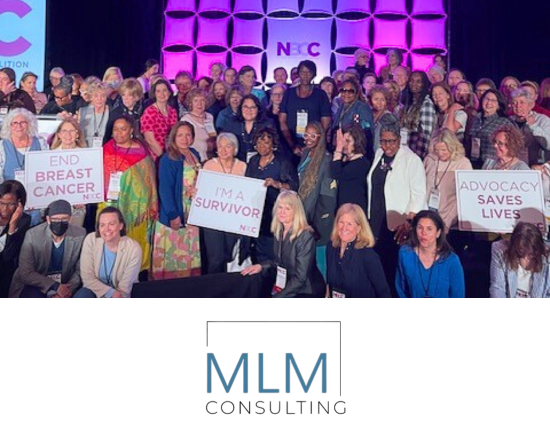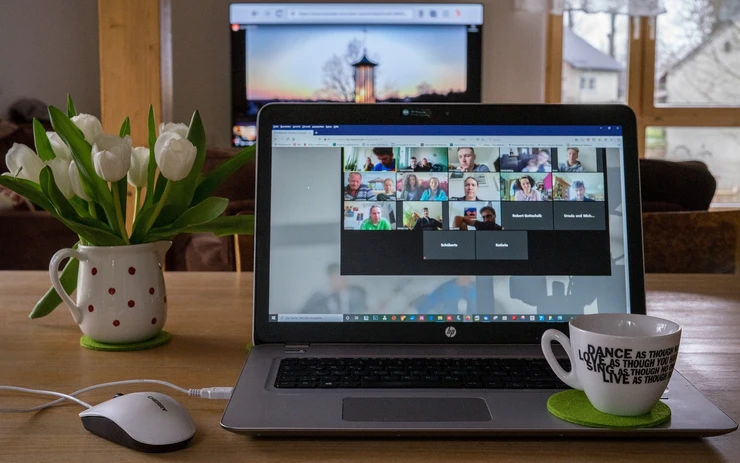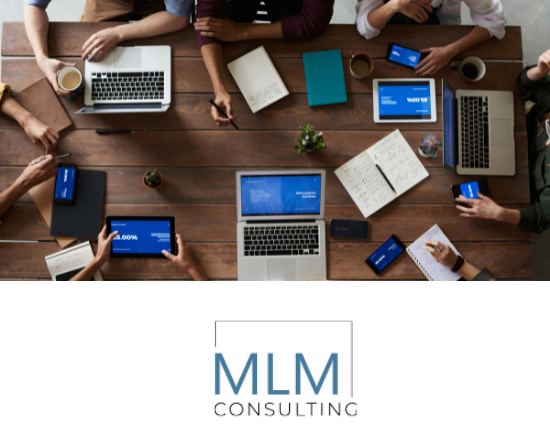How to Plan the Ultimate Holiday Party for Your Team
The holiday season offers a perfect opportunity to celebrate achievements, foster camaraderie, and show appreciation for your team’s hard work. However, creating a successful corporate holiday party involves more than just choosing a venue and sending out invites. To make the event truly memorable, it’s essential to focus on thoughtful details and creative touches. Here are practical tips to help you plan a fun, inclusive, and unforgettable holiday party, and how MLM Consulting can guide you every step of the way.
1. Create a Fun and Inclusive Atmosphere
A great holiday party starts with making everyone feel welcome. Here’s how to set the tone:
- Celebrate diversity: Incorporate holiday traditions from different cultures, such as international dishes, music, or festive decor. This helps all employees feel represented and valued.
- Offer varied activities: Not everyone loves dancing or games. Provide options such as a lounge area for quiet conversation, a DIY craft station, or a team trivia game to engage all personality types.
- Encourage participation: Allow employees to vote on the theme, submit song requests, or contribute to a communal playlist.
MLM Consulting emphasizes inclusivity in all events. Our team can help you design a party plan that caters to diverse tastes and preferences, ensuring a welcoming environment for all attendees.
2. Choose a Theme That Reflects Your Values
A well-chosen theme can make your event cohesive and memorable. Consider these ideas:
- Giving Back: Host a charity-focused event where employees can donate gifts or volunteer during the party.
- Eco-Friendly Holidays: Incorporate sustainable decorations, reusable tableware, and locally sourced catering to showcase environmental responsibility.
- Winter Carnival: Create a playful atmosphere with festive games, a hot chocolate bar, and seasonal treats.
- Decades Rewind: Let guests dress in styles from their favorite era while enjoying music and decor that take them back in time.
Themes offer a unique opportunity to reinforce your company’s mission and culture. MLM Consulting specializes in aligning event themes with organizational values, helping you create a party that’s both meaningful and entertaining.
3. Plan for Catering, Location, and Guest Experience
The details of your event play a significant role in its success. Focus on:
- Catering variety: Offer a range of options to accommodate dietary preferences, including vegetarian, vegan, and gluten-free dishes. Clearly label items to make it easy for guests to choose.
- Choosing the right venue: Select a space that fits your team comfortably, is easily accessible, and offers the necessary amenities for your planned activities.
- Designing an engaging flow: Break up the evening with speeches, entertainment, or group activities to keep energy levels high and the event dynamic.
MLM Consulting’s expertise in logistics ensures that no detail is overlooked. From selecting the perfect venue to coordinating with caterers, we help you deliver a seamless guest experience.
4. Maximize Your Budget Without Sacrificing Quality
Even with financial constraints, you can create a memorable event by prioritizing the essentials:
- DIY decor: Get creative with decorations by involving your team in making centerpieces or crafting ornaments.
- Collaborate with vendors: Partner with local businesses for catering or sponsorship opportunities to reduce costs while supporting the community.
- Focus on the wow factor: Invest in one or two standout elements, such as a live entertainer, custom photo booth, or gourmet dessert station, rather than spreading the budget too thin.
MLM Consulting understands how to make every dollar count. We work with clients to allocate resources strategically, ensuring your party delivers maximum impact within your budget.
5. Start Early for Stress-Free Planning
The holiday season can be hectic, so early preparation is crucial:
- Secure bookings early: Venues and vendors fill up quickly during the holiday season. Reserve your space as soon as possible.
- Send invitations well in advance: Give employees ample time to RSVP and plan their schedules.
- Prepare for contingencies: Anticipate last-minute changes by having backup plans for weather, technical issues, or unexpected absences.
Planning ahead allows you to focus on the fun instead of scrambling at the last minute. MLM Consulting ensures every step of the process is handled smoothly, from early brainstorming to day-of execution.
Why MLM Consulting?
While these tips can help you craft a fantastic holiday party, working with MLM Consulting ensures an even higher level of success. Here’s how we elevate your event:
- Tailored Advice: Our team offers expert guidance, blending creativity with practical strategies to suit your company’s unique needs.
- Comprehensive Support: From venue selection to entertainment booking, we handle every detail, so you don’t have to.
- Value-Driven Planning: We align your event with your organization’s values, ensuring your celebration is meaningful and impactful.
- Flawless Execution: On the day of the event, our team ensures everything runs smoothly, letting you relax and enjoy the celebration.
This holiday season, let MLM Consulting help you create a festive celebration that your team will remember for years to come. From inclusive planning to flawless execution, we’re here to bring your vision to life. Contact us to start planning your ultimate holiday party today!
Share This Post
Explore More Relevant blog Posts

How to Plan the Ultimate Holiday Party for Your Team
The holiday season offers a perfect opportunity to celebrate achievements, foster camaraderie, and show appreciation for your team’s hard work. However, creating a successful corporate
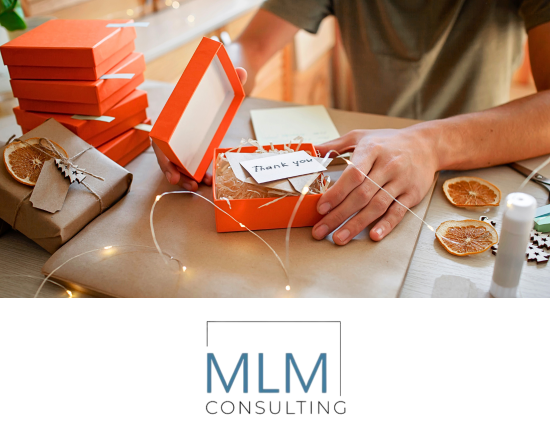
Gratitude In Business: How to Show Appreciation to Clients & Partners
Planning and executing a corporate event is no small feat, but with the right tools, you can ensure everything runs smoothly. From setting up equipment

